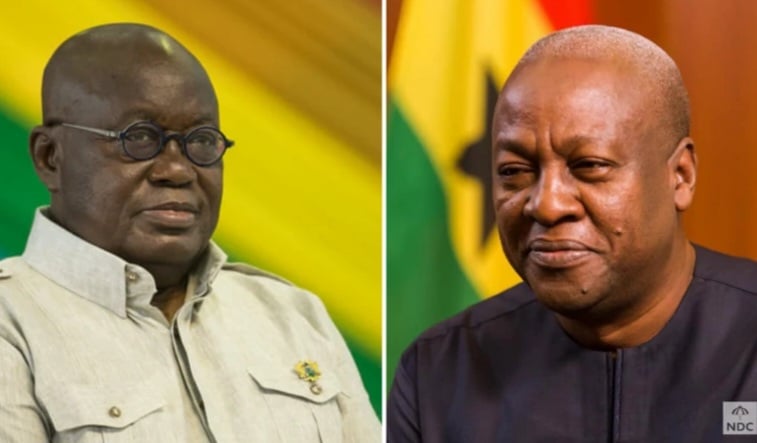The 2020 election petition in Ghana brought to light critical questions about the intersection of judicial authority and political dynamics. At the heart of the controversy was Jean Adukwei Mensa, the Electoral Commissioner, who announced multiple election results—a move that raised eyebrows and fueled debates about transparency and accountability.
On December 9, 2020, Mensa declared Nana Addo Dankwa Akufo-Addo as the winner of the presidential election, with 51.59% of the votes. However, discrepancies in the figures announced during the declaration led to confusion. For instance, the percentages initially summed up to 100.3% instead of 100%, prompting widespread criticism. The opposition National Democratic Congress (NDC) filed a petition challenging the results, citing violations of the Constitution and irregularities in the electoral process.
Public opinion was sharply divided. Many Ghanaians expressed frustration, arguing that the Electoral Commissioner should have been compelled to testify to clarify the inconsistencies. The logic is simple: if the Electoral Commission announced one result with different figures, it is only fair and transparent for the Chairperson to explain how such discrepancies occurred. This would not only uphold accountability but also restore public trust in the electoral process.
Despite these calls, the Supreme Court ruled that Mensa could not be compelled to enter the witness box. Critics saw this as a missed opportunity to address the concerns of Ghanaians and the international community. They argued that the decision confirmed a lack of judicial transparency and accountability, with some even describing it as judicial malfeasance. Supporters of the ruling, however, maintained that the court adhered to legal precedents and protected the rights of individuals from being forced into testimony.
In other jurisdictions, the handling of such controversies often reflects the legal frameworks and political cultures of each country. For instance, in India, the Chief Election Commissioner can only be removed in a manner similar to that of a Supreme Court judge, ensuring a high level of independence. However, this independence comes with strict accountability measures. In the United States, election officials are often required to testify in court when discrepancies arise, as seen in cases of contested elections. These examples highlight the importance of balancing independence with accountability to maintain public trust.
In Ghana, there have been precedents for the removal of Electoral Commission officials. Charlotte Osei, a former EC Chairperson, was removed in 2018 following allegations of procurement breaches and incompetence. Her removal was seen by some as politically motivated, while others argued it adhered to constitutional provisions. The current calls for the removal of Jean Adukwei Mensa and her deputies reflect similar frustrations over perceived judicial and electoral shortcomings.
Conclusion and Recommendations
The 2020 election petition underscores the need for reforms to strengthen Ghana’s democratic institutions. To prevent similar controversies in the future, the following recommendations are proposed:
1. Enhanced Transparency: Electoral Commission officials should be required to testify in court when discrepancies arise, ensuring accountability and public trust.
2. Judicial Reforms: The judiciary should adopt measures to enhance transparency in its rulings, including clear explanations for decisions that impact public confidence.
3. Independent Oversight: Establish an independent body to oversee the Electoral Commission’s activities, ensuring impartiality and adherence to constitutional provisions.
4. Public Engagement: Increase public awareness and engagement in the electoral process to foster trust and reduce misinformation.
As Ghana continues to strengthen its democratic foundations, these measures can serve as a guide to ensure a fair, transparent, and accountable electoral process.
Retired Senior Citizen
Teshie-Nungua
[email protected]


